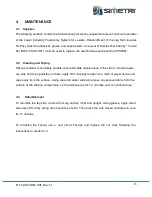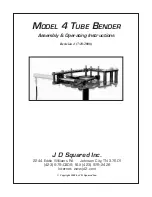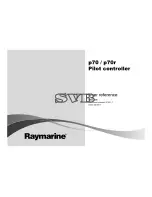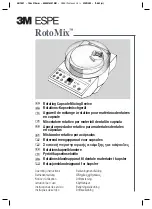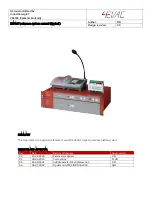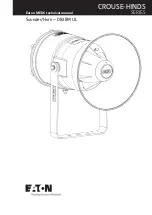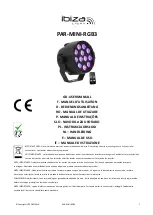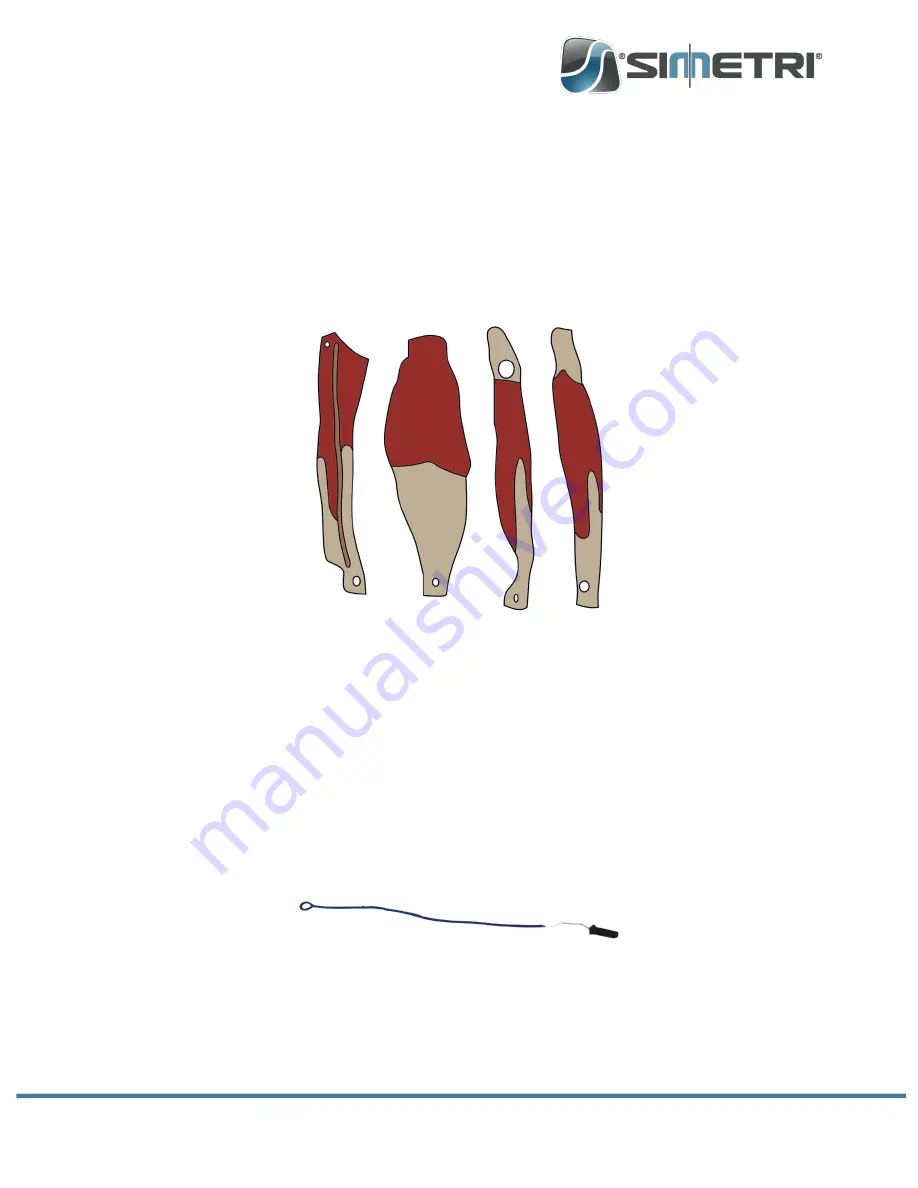
FLTL-001-UOM-001, Rev.1.1
4
2.2.4
Muscle Compartments
There are four muscle compartments in the lower extremity.
Figure 4
displays (from left to right)
(1) the deep posterior compartment, (2) the superficial posterior compartment, (3) the lateral
compartment, and (4) the anterior compartment. The end labeled with a number indicates the top,
or superior, part of the muscle assembly. The deep posterior compartment includes the
neurovascular bundle and the lateral compartment includes the superficial perennial nerve.
Figure 4. Muscle Compartment
2.2.5
Nerves and Veins
There are two simulated vasculature attachments. The neurovascular bundle is adhered to the
deep posterior compartment (muscle #1).
Figure 5
shows the great saphenous vein and its 1
point of attachment. The loop attaches to the metal hook. The 3 branches, from left to right,
attach to the corresponding pegs: posterior branch (peg #2), main branch (peg #1), and the
anterior branch (peg #4).
Figure 5. Great Saphenous Vein
2.2.6
Skin Layer
The skin layer, shown in
Figure 6
, is applied after the fascia-covered muscles have been

















